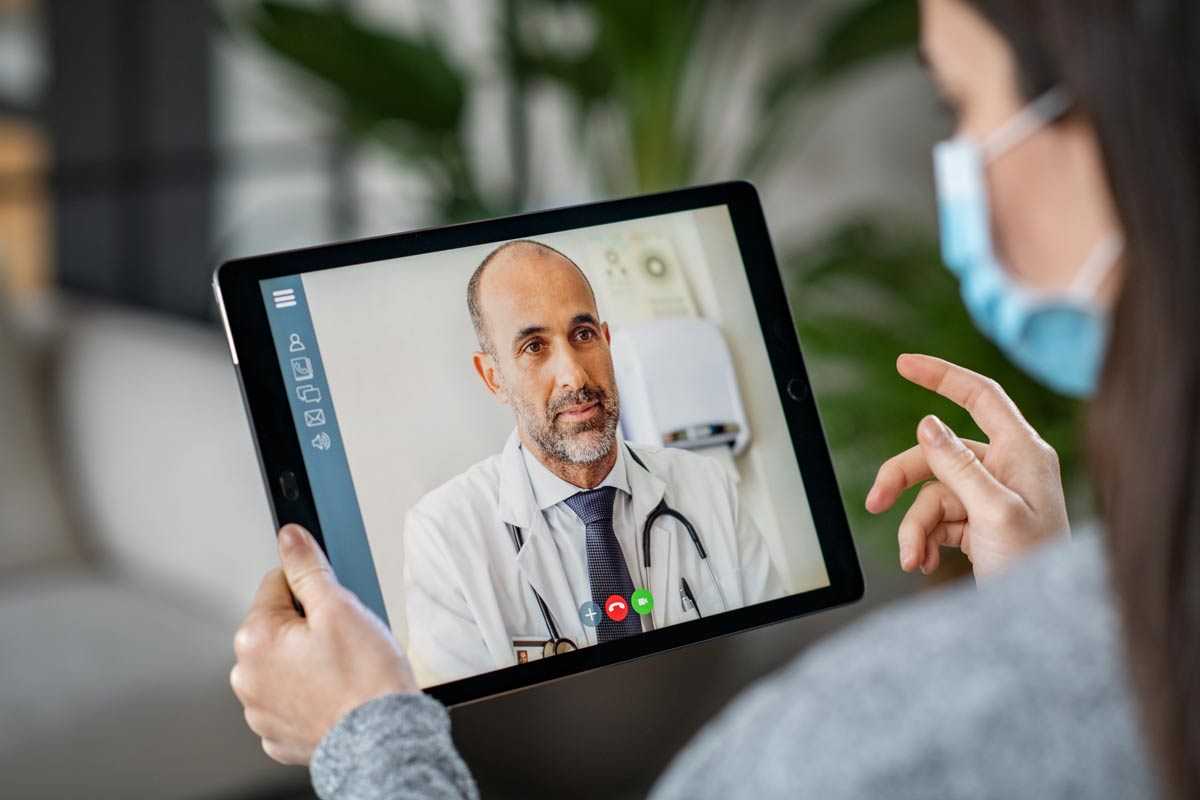Features
The Rise Of Remote Healthcare Services

Advancements in technology have transformed various industries, and the healthcare sector is no exception. With the rise of remote healthcare services, patients can now access medical assistance from the comfort of their own homes. This shift has brought about numerous benefits and has the potential to revolutionize healthcare delivery. In this article, we will explore the various aspects of remote healthcare services and their impact on the industry.
1. Telemedicine
Telemedicine is a significant aspect of remote healthcare services, enabling patients to consult with healthcare providers virtually. Through video conferencing and secure communication channels, patients can discuss their symptoms, receive medical advice, and even get prescriptions without visiting a healthcare facility physically. This approach eliminates the need for unnecessary travel and helps individuals who have limited mobility, live in remote areas, or have time constraints.
2. Remote Monitoring
Remote monitoring devices have become increasingly popular in managing chronic conditions and post-operative care. These devices are connected to the internet and enable healthcare professionals to monitor patients’ vital signs, such as heart rate, blood pressure, glucose levels, and more remotely. This real-time data allows timely intervention, detects any deviations from normal health conditions, and ensures early treatment. Remote monitoring helps reduce hospital readmissions, improves patient outcomes, and enhances the overall quality of care.
3. Digital Health Platforms
Digital health platforms provide patients with personalized healthcare services, including online consultations, appointment scheduling, electronic health records, and access to educational resources. These platforms aim to streamline the healthcare process and empower patients to take an active role in managing their health. With the integration of artificial intelligence and machine learning, these platforms can also provide tailored health recommendations based on individual medical history and risk factors.
4. Remote Surgical Assistance
Surgeons can now perform complex procedures with the assistance of remote specialists. By utilizing robotic technology and high-speed internet connections, a surgeon in one location can remotely control surgical instruments in another location. This approach enables patients to access specialized surgical care without the need to travel long distances. Remote surgical assistance also allows for collaboration between experts and enhances surgical training programs.
5. Mental Health Support
The accessibility of remote healthcare services has had a significant impact on mental health support. Patients can now receive counseling and therapy sessions through video calls or online platforms. This approach eliminates certain barriers, such as stigma and geographical limitations, and allows individuals to seek assistance in their preferred environment. Remote mental health services have proven particularly beneficial during times of crises or when face-to-face sessions are not feasible.
6. Challenges and Considerations
While remote healthcare services bring numerous advantages, it is essential to address the challenges that accompany this shift. One primary concern is the need for secure and private communication channels to protect patient information. Additionally, not all medical conditions can be diagnosed or treated remotely, highlighting the importance of determining the appropriateness of remote care on a case-by-case basis. Another consideration is ensuring equitable access to these services, as some individuals may lack the required technology or internet connectivity.
In conclusion, remote healthcare services have revolutionized the way healthcare is delivered. From telemedicine to remote monitoring devices, digital health platforms to remote surgical assistance, and mental health support, these services have brought convenience, efficiency, and improved patient outcomes. As technology continues to advance, the potential for further integration of remote healthcare services is immense, offering the possibility of a more accessible and patient-centered healthcare system.










